Sentinel node biopsy has proven its value in a number of cancers, including in clinically node-negative melanoma of the head and neck region.
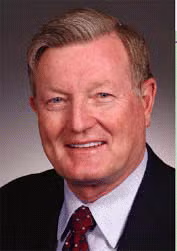

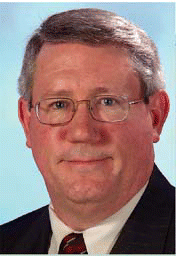
America’s health care safety net may be full of holes, but its doctors and hospitals are generously pitching in with charity care to fill some tears in that net.

“Accentuate the positive” was one of the pointers heard by the almost 200 otolaryngologists and surgeons who attended the Triological Society’s April 28 panel discussion on “Nuances in Rhinoplasty” at the Combined Otolaryngology Spring Meeting.
I would like to comment on your article Watchful Waiting May Be the Best Strategy, by Sheri Polley, in the November 2006 issue of ENToday.
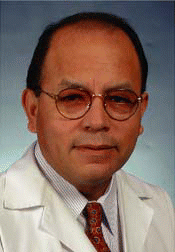
How can head and neck surgeons best meet the changing needs of patients and trainees in the 21st century?
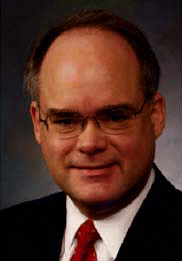
Pharmaceutical company representatives (PCRs) are as ubiquitous in otolaryngologists’ offices as seasonal allergies and ear infections.
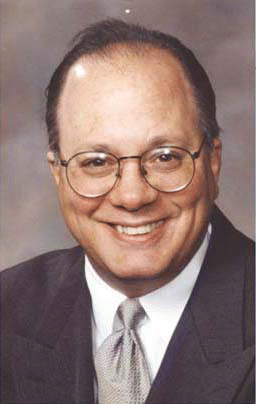
Otolaryngologists agree with their fellow physicians who prescribe drugs-pharmaceutical companies have no business buying or using information on how and when they prescribe particular drugs, nor do they want to be confronted by pharmaceutical company representatives in their office about why they do or don’t prescribe that company’s products.
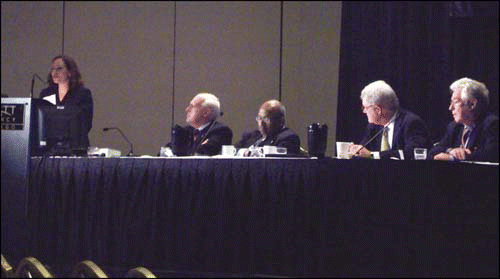
As medical malpractice lawsuits have become increasingly standard fare in the United States judicial system, providing expert witness testimony has become something of a cottage industry in the medical and scientific communities.